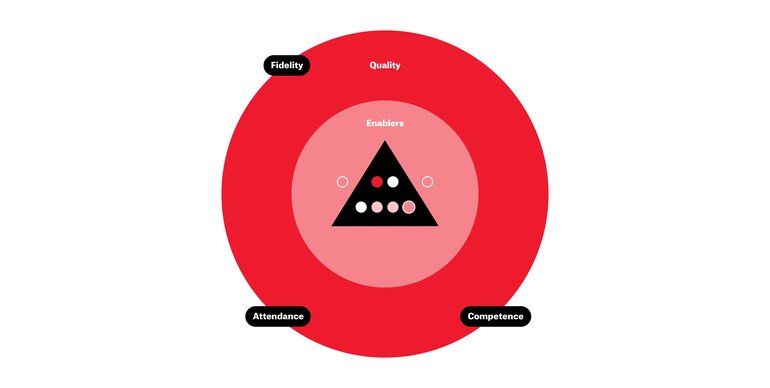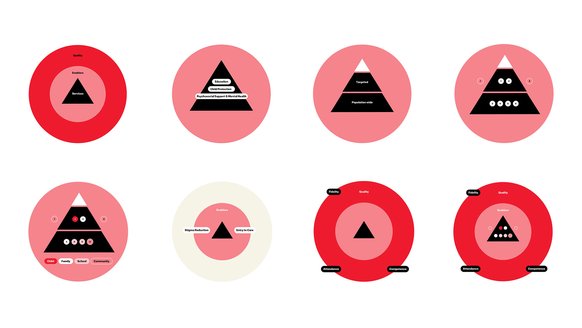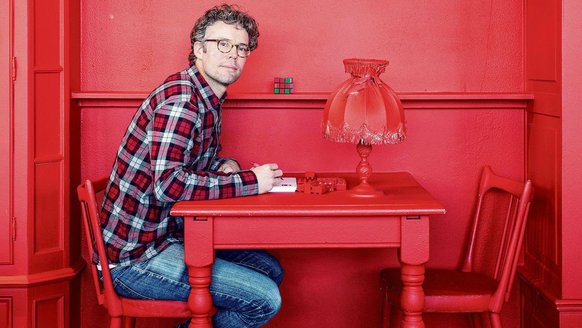Driving caregiver support forward
“With this new and promising intervention, we are bringing together stress management and positive parenting sessions in a unique effort to support caregivers in adversity.”
Professor Mark Jordans, Director of Research & Development
Treatment gap
- Caregivers in conflict-affected communities can face high levels of stress. Stressors such as poverty, insecure housing, separation from support networks and a compromised ability to protect their family compound their worries.
- These emotions take the form of depression, anxiety and uncertainty.
- This stress burden can make it harder to be a loving caregiver.
- Interventions to date have focused primarily on positive training techniques - not the wellbeing of individual caregivers.
What
Group support
The BeThere Intervention directly addresses the psychosocial wellbeing of parents and caregivers - in addition to developing positive parenting techniques. The nine-session programme sees small groups of caregivers meet for sessions conducted by trained facilitators - with the overall aim of reducing stress and improving psychosocial wellbeing.
66%
The percentage of Syrian caregivers whose stress levels were reduced after taking part in a trial of the intervention in Lebanon.
In addition, the study showed that 54% of caregivers now apply less harsh parenting to their children.
Our partners
The BeThere Intervention is driven by collaboration with partners from the humanitarian sector and beyond.
These partners - both previous and present - include the Bernard van Leer Foundation, the Open Society Foundation and SOS Children's Villages.
Countries
The BeThere Intervention has been adapted following small-scale testing in Gaza and Lebanon. Further testing is continuing in Lebanon and Jordan.
Transition to Scaling
Preliminary testing in Lebanon and Gaza revealed a positive impact of the relaxation and stress management exercises on anxiety, sleep, anger management and conflict with children and spouses. Building on this, the intervention is now being tested in two refugee settings in Jordan via an evidence-based nine-session program.
The evaluation will include scoping and relationship development with institutional partners in order to assess the potential for scaling.
This intervention is delivered by non-specialized professionals to target the treatment gap prevalent in settings affected by conflict.
our research agenda
The curriculum of the CSI has two focal areas: caregiver wellbeing and positive parenting. These will be further explored during the ongoing development of the intervention.
Research and development
How we ensure our work with children is effective

The War Child Care System is made up of nine Core Interventions, developed to address the urgent needs of conflict-affected children and their communities. These interventions are supported by a number of tools and enabling trajectories that serve to promote access to care and reduce stigmatisation.
Meet our Research and Development Team
Mark Jordans is War Child Director of Research and Development and Professor of Child and Adolescent Global Mental Health at the University of Amsterdam and King’s College London. With years of experience in the sector, he is leading the continued evaluation and scaling of this groundbreaking psychosocial support intervention.


